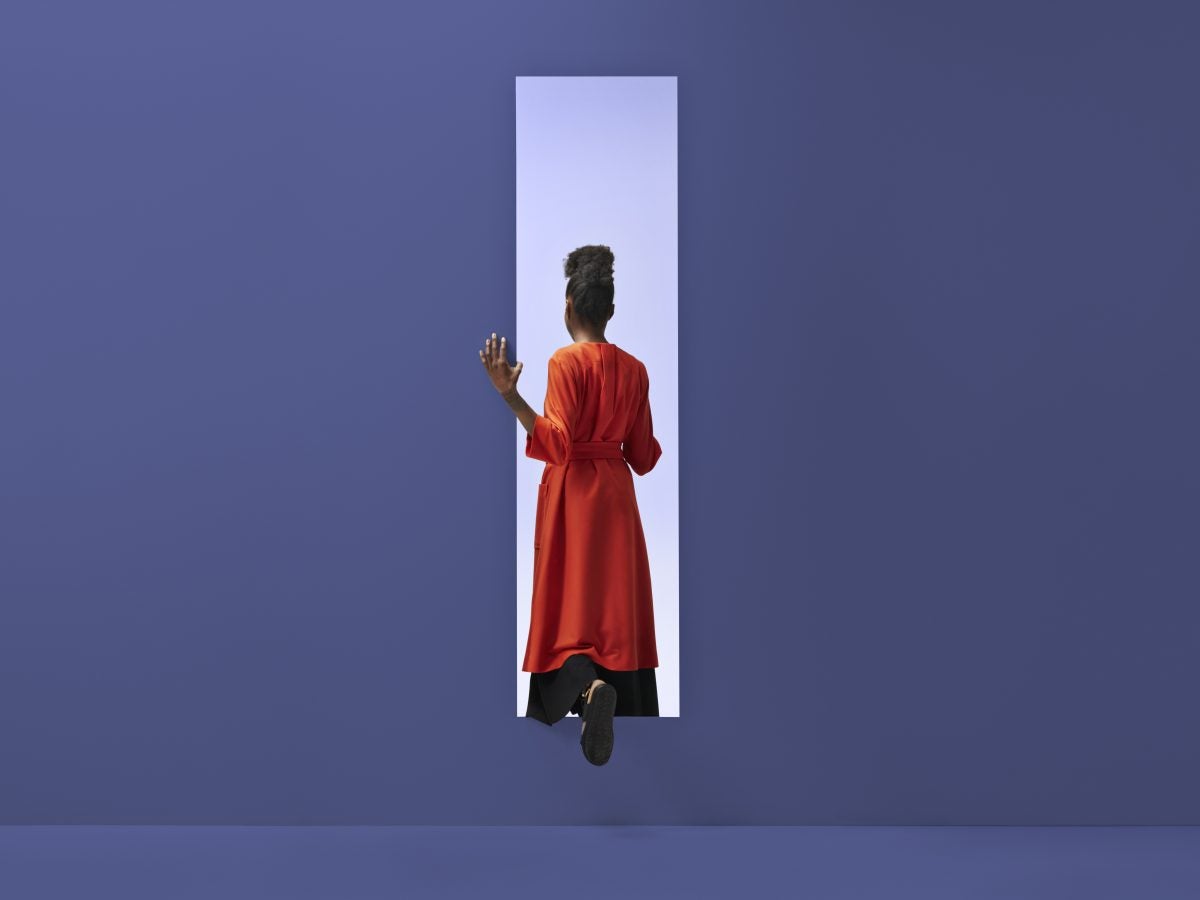
The Supreme Court’s decision to end Affirmative Action will be undeniable for equity in the workplace, according to Errol Pierre. Author of The Way Up: Climbing the Corporate Mountain as a Professional of Color, he tells ESSENCE that the ripple effect of the move is poised to be cataclysmic, and early career entrants will feel it the most.
“I think it’s definitely going to be a step backwards for the country,” Pierre tells ESSENCE. “And I’ll give a couple of reasons why. “California banned affirmative action back in 1988, and that was through Proposition 209. And there’s been many studies that tracked the after effects of that in the state. Four things happened. One, underrepresented minorities, especially Black people, ended up attending lower quality schools.”
As ESSENCE previously reported the Supreme Court ruled last month that the “[r]ace-conscious admissions programs at Harvard and the University of North Carolina are unconstitutional,” and both are in violation of the Equal Protection Clause.
Pierre points out that the downstream impact of that is “you’re probably going to make less money out of college if you’re going to a lower quality school, and then you’re probably not around as much Pedigree of students going to a lower quality school as well.”
He explains that the same is likely to happen across the country, among other adverse effects.
“Degree attainment is also likely to decrease for Blacks and underrepresented minorities based on what we’ve seen in California—so less people got degrees because once you say, oh, ‘there’s no affirmative action,’ certain people will say, ‘well, why should I even try? What’s the point of going to school if I don’t even have a shot?‘
The last consequence Pierre described is perhaps the most devastating, he tells ESSENCE.
“The third consequence I see happening, and this is the scariest one, is that people don’t even try to apply to top tier schools. This is silent and insidious, where someone says, I have a top pick of Harvard or University of Michigan, but I’m not even going to bother to apply because I don’t even have a shot.”
He explains that this early self-disqualification is likely to lead to lower numbers of people trying to apply for higher education, which begets lower Black college grad rates.
“This is particularly concerning since, in California, we saw that post the ban of affirmative action in California underrepresented minorities, including Black people, actually made less money because they weren’t going to these top schools.”
Although sobering, Pierre does see a silver lining.
“Good news is there will be schools, specifically Howard—whose entire institution was developed because African Americans didn’t have access to good schools—that look at this law and think of very innovative, creative ways to ensure that diverse candidates still get in.”
Pierre explains that Howard and other HBCUs could use zip codes as a proxy for race to encourage diverse classrooms.
“I do think there’s going to be schools that step up and really be innovative on ensuring Black students are represented. But the road will be very, very different moving forward.”